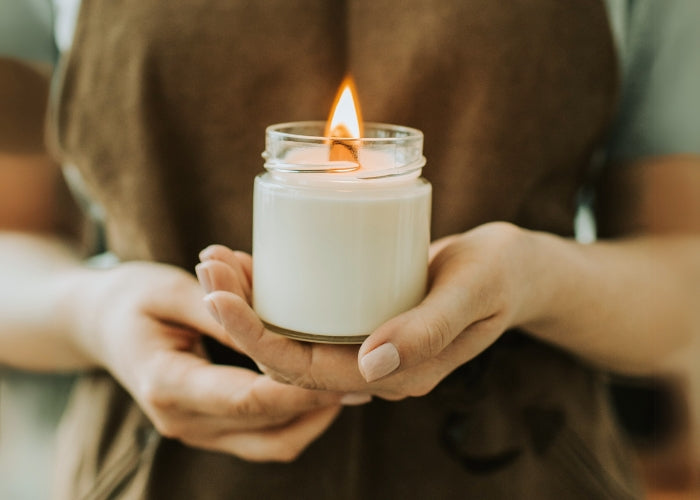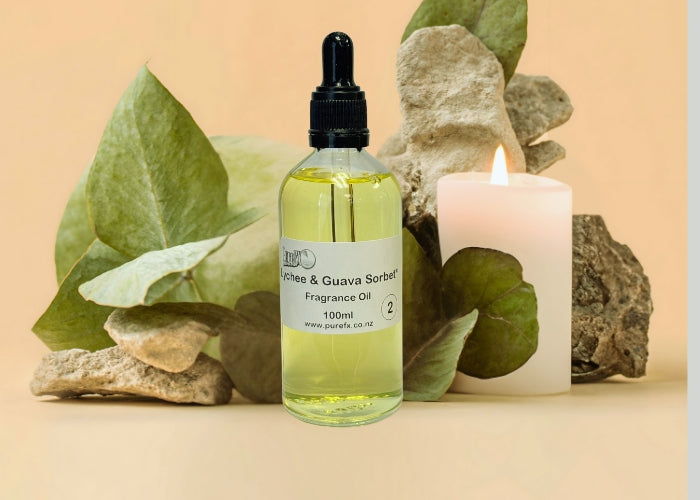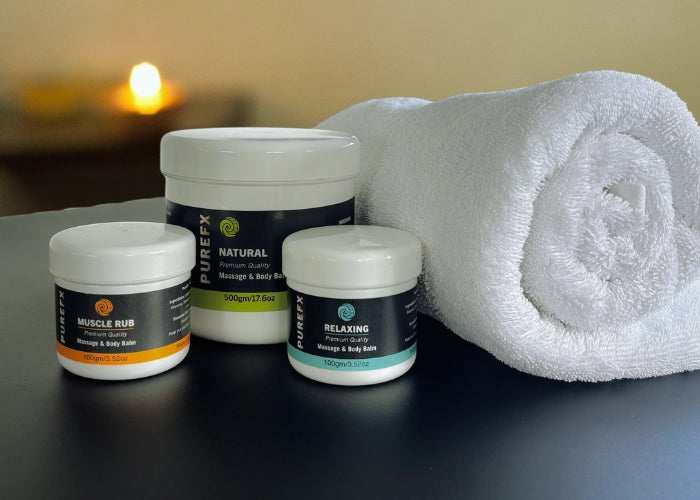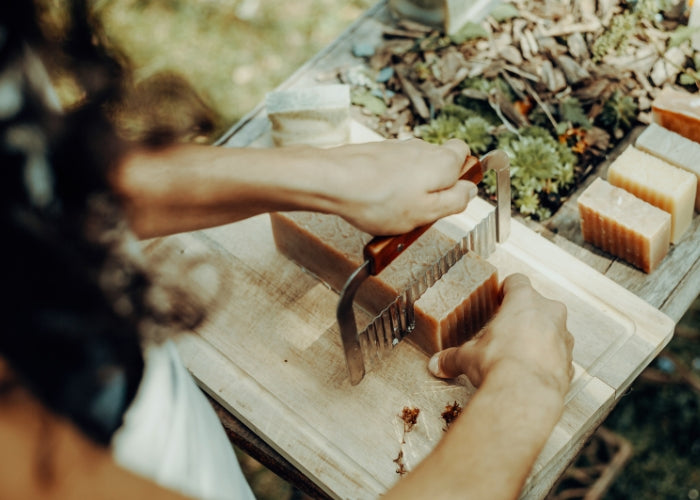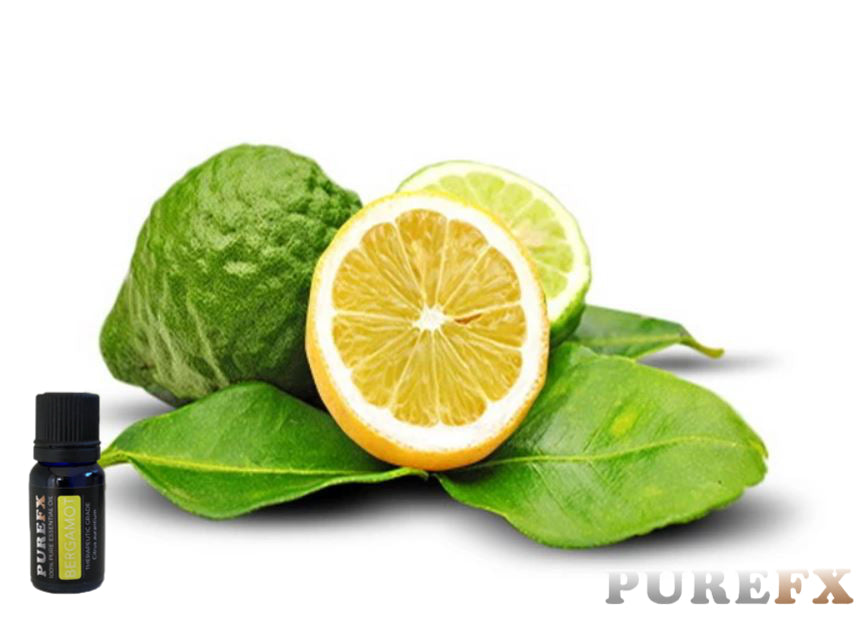Bergamot Essential Oil
Bergamot Essential Oil
Bergamot ( Citrus bergamia )
Has been used in the Middle East for hundreds of years for skin conditions associated with an oily complexion. It soothes insect bites and may serve as an insect repellent.
Bergamot has been used for years because of its sweet, citrusy scent with spicy undertones. Popular with perfumers for centuries, bergamot has an uplifting, energizing scent which also makes it perfect for aromatherapy. Additionally, bergamot is one of the most versatile essential oils, as not only does it have sedative qualities, but also stimulating as well. It appears to adapt to the needs of the person using it.
When you are looking for an oil to help with depression, SAD (Seasonal Affected Disorder) or generally feeling just a bit off, lacking in self-confidence or feeling shy, then consider bergamot oil. It also has superb antiseptic qualities that are useful for skin complaints, such as acne, oily skin conditions, eczema and psoriasis and can also be used on cold sores, chicken pox and wounds.
Uses:
Burners and vaporizers
In vapor therapy, bergamot oil can be used for depression, feeling fed-up, respiratory problems, colds and flu, PMS and SAD.
Blended massage oil or in the bath
It can be used in a blended massage oil, or diluted in a bath to assist with stress, tension, SAD, PMS, skin problems, compulsive eating, postnatal depression, colds and flu, anxiety, depression, feeling fed-up and anorexia nervosa.
Blended in base cream
As a constituent in a blended base cream bergamot oil can be used for wounds and cuts, psoriasis, oily skin, scabies, eczema, acne, cold sores as well as chicken pox.
Bergamot blends well with
Although essential oils blend well with one another, bergamot oil goes particularly well with other essential oils such as black pepper, clary sage, cypress, frankincense, geranium, jasmine, mandarin, nutmeg, orange, rosemary, sandalwood, vetiver and ylang-ylang.
MATERIAL SAFETY DATA SHEET
Couldn't load pickup availability
Bergamot ( Citrus bergamia )
Has been used in the Middle East for hundreds of years for skin conditions associated with an oily complexion. It soothes insect bites and may serve as an insect repellent.
Bergamot has been used for years because of its sweet, citrusy scent with spicy undertones. Popular with perfumers for centuries, bergamot has an uplifting, energizing scent which also makes it perfect for aromatherapy. Additionally, bergamot is one of the most versatile essential oils, as not only does it have sedative qualities, but also stimulating as well. It appears to adapt to the needs of the person using it.
When you are looking for an oil to help with depression, SAD (Seasonal Affected Disorder) or generally feeling just a bit off, lacking in self-confidence or feeling shy, then consider bergamot oil. It also has superb antiseptic qualities that are useful for skin complaints, such as acne, oily skin conditions, eczema and psoriasis and can also be used on cold sores, chicken pox and wounds.
Uses:
Burners and vaporizers
In vapor therapy, bergamot oil can be used for depression, feeling fed-up, respiratory problems, colds and flu, PMS and SAD.
Blended massage oil or in the bath
It can be used in a blended massage oil, or diluted in a bath to assist with stress, tension, SAD, PMS, skin problems, compulsive eating, postnatal depression, colds and flu, anxiety, depression, feeling fed-up and anorexia nervosa.
Blended in base cream
As a constituent in a blended base cream bergamot oil can be used for wounds and cuts, psoriasis, oily skin, scabies, eczema, acne, cold sores as well as chicken pox.
Bergamot blends well with
Although essential oils blend well with one another, bergamot oil goes particularly well with other essential oils such as black pepper, clary sage, cypress, frankincense, geranium, jasmine, mandarin, nutmeg, orange, rosemary, sandalwood, vetiver and ylang-ylang.
MATERIAL SAFETY DATA SHEET
